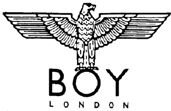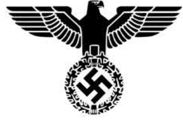KOMMUNICATION BEZÜGLICH DES COVID-19-NOTFALLS
13/03/2020
In Übereinstimmung mit den zuletzt erlassenen Regierungserlassen hat LGV Avvocati ihre Tätigkeit neu organisiert und garantiert die Kontinuität aller Aktivitäten. Die Telefonzentrale ist aktiv. Darüber hinaus können Sie uns wie gewohnt über unsere E-Mail-Adressen und auch über die auf unserer Website verfügbaren Mobiltelefonnummern erreichen. Wir haben erfolgreich das SMART WORKING Arbeitsprotokoll aktiviert, das die Qualität und Schnelligkeit unserer Dienstleistungen gewährleistet. Außerdem haben wir alle erforderlichen Gesundheits- und Sicherheitsmaßnahmen sowie Verhaltens- und Organisationsmaßnahmen ergriffen, um diesen Notfall zu bewältigen und unsere Kunden und unsere Mitarbeiter zu schützen. Wir bleiben für Sie erreichbar und wünschen allen, dass sie diesen Notfall erfolgreich bewältigen.


